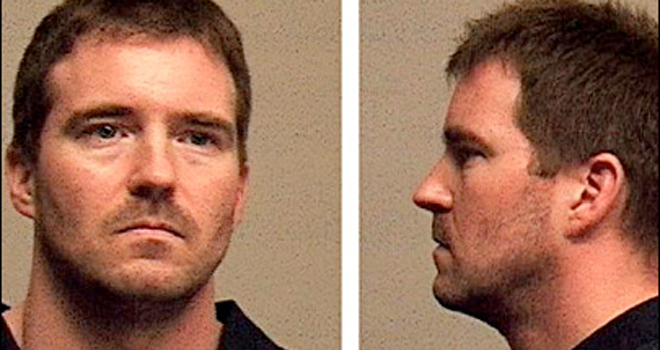Updated: August 17, 2011, 9:45AM
The FBI’s decision not to immediately advise a suspected terrorist of his Miranda rights upon his arrest has upset a federal judge and caused prosecutors to agree not to use statements he made prior to being advised of his rights in court.
Senior U.S. District Jude Justin Quackenbush of the Eastern District of Washington ruled last week that FBI agents subjected Kevin Harpham, the man with ties to white supremacist groups accused of attempting to bomb a parade in Washington state on Martin Luther King, Jr. Day, to “the functional equivalent of interrogation” before he was advised of his rights.
Quackenbush, who indicated he was upset over the way the agents handled the Harpham case at a previous hearing, found that the government didn’t comply with the federal rule of criminal procedure. Federal prosecutors subsequently indicated that they wouldn’t use any of the statements made by Harpham before he was advised of his Miranda rights against him.
Given the timing of Harpham’s arrest in January, he was likely one of the first cases that took place after Attorney General Eric Holder issued a memo outlining the special circumstances under which FBI agents could question terrorism suspects without first advising them of their rights, though the precise reasoning is impossible to know because a judge sealed the courtroom during an FBI agent’s testimony.
Unsurprisingly, the decision in a terrorism case involving a non-Muslim hasn’t raised the ire of the usual detractors of the use of civilian court systems against terrorism suspects. That wasn’t the case when fellow U.S. citizen Faisal Shahzad was arrested for allegedly attempting to set off a bomb in Times Square, when there were plenty of high-profile politicians asking why FBI agents advised him of his Miranda rights.
Harpham’s trial has been delayed because of concerns that publicity about the unveiling of the Martin Luther King, Jr. Memorial in Washington, D.C. the same week that the trial date was set to begin might influence the jury, the Associated Press reported.
[Ed. note: the name of the U.S. citizen who tried to set off a bomb in Times Square has been corrected.]









